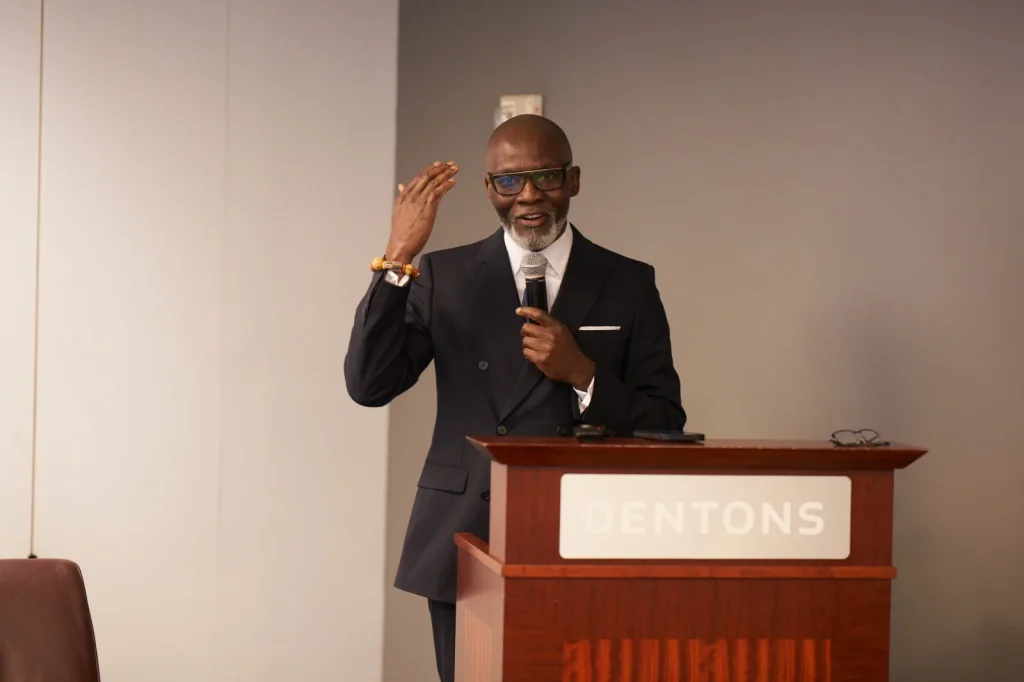For decades, Africa’s leaders have mounted the podium at the United Nations General Assembly (UNGA), calling for reform of the UN Security Council (UNSC). They have eloquently highlighted the outdated nature of a global order frozen in 1945—a system that denies a continent of 1.5 billion people a permanent seat at the table where the world’s most critical decisions are made.
This year, the calls were renewed. But we have heard them before. From Nelson Mandela’s vision, to the advocacy of Thabo Mbeki, Olusegun Obasanjo, Muhammadu Buhari, John Agyekum Kufuor, Paul Kagame, Macky Sall, Nana Akufo-Addo, Abdel Fattah el-Sisi, John Mahama, William Ruto, and many others. The message has always been clear: Africa matters. Yet, the world continues to ignore it.
The Ezulwini Consensus: Africa’s Unanswered Demand
Africa’s most definitive position came 20 years ago with the Ezulwini Consensus of 2005, adopted by the African Union. It was not a plea, but a principled demand:
-
At least two permanent seats with veto power.
-
Five non-permanent seats for Africa.
This was Africa speaking with one voice. Yet, two decades on, the outcome has been silence, stalled “dialogues,” and deliberate obstruction by the P5, who preach reform while jealously guarding their privileges. Even President Joe Biden’s 2023 acknowledgment of Africa’s right to a permanent seat has produced no concrete action—just sentiment.
Why the Time for Politeness is Over
Reforming the UNSC requires a two-thirds vote of UN members, plus ratification by all five permanent members. This gives the P5 a stranglehold on the process. Europe, with just 9% of the world’s population, enjoys three permanent seats. Africa, with 18% of humanity, has none. India, with another 18%, has none.
Continuing the cycle of polite appeals followed by disregard diminishes Africa’s standing and normalises its exclusion. The time has come for a radical shift.
A Boycott as a Political Weapon
At the African Union’s February 2026 summit in Addis Ababa, the Chairperson must table a motion: if by the 80th UNGA in September 2025 no credible, time-bound reform process exists, Africa will boycott UNGA 2026.
Why boycott?
-
A Legitimate Political Tool – A boycott is not withdrawal but a moral stand. It declares: “This system is so unjust that our participation only legitimises its illegitimacy.”
-
Forces a Reckoning – The absence of 55 African voices—over a quarter of UN membership—would leave a glaring void. Empty seats would shout louder than ignored speeches.
-
Demonstrates Unity – A coordinated boycott would prove Africa’s capacity to act collectively, giving real teeth to the Ezulwini Consensus.
Why Africa Deserves a Seat
Africa is central to global security:
-
Home to most UN peacekeeping missions.
-
Among the most climate-vulnerable regions.
-
The youngest population on earth, representing the world’s future.
With 28% of UN membership, Africa cannot remain excluded from permanent decision-making. Without its representation, the UNSC remains not only unjust but ineffective and illegitimate.
The Choice Before Us
The point of travelling to New York each September cannot be to deliver eloquent speeches only to be ignored. The Ezulwini Consensus was Africa’s homework—done 20 years ago. The world has failed its test.
In 2026, let Africa’s empty chairs speak louder than our words. Let the silence of our absence echo a powerful truth: Until Africa too has a veto, these “United Nations” remain incomplete.
As Kwame Nkrumah warned: “Divided we are weak; united, Africa could become one of the greatest forces for good in the world.”

